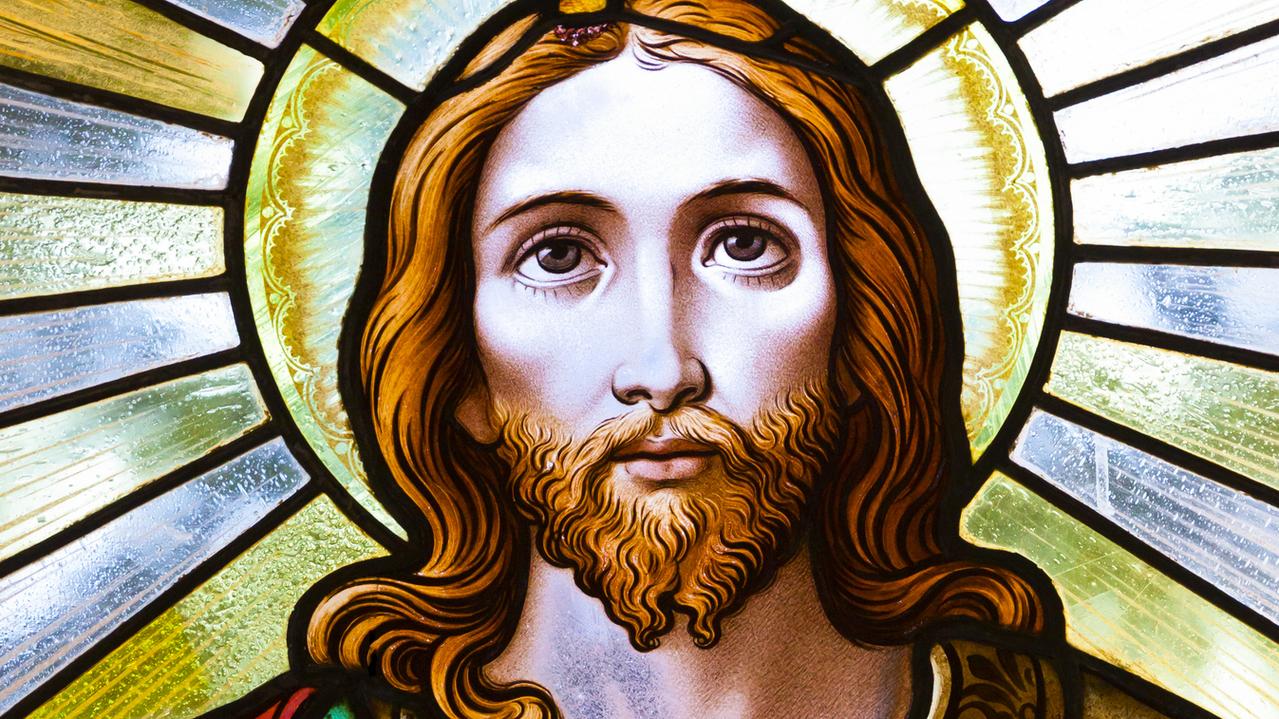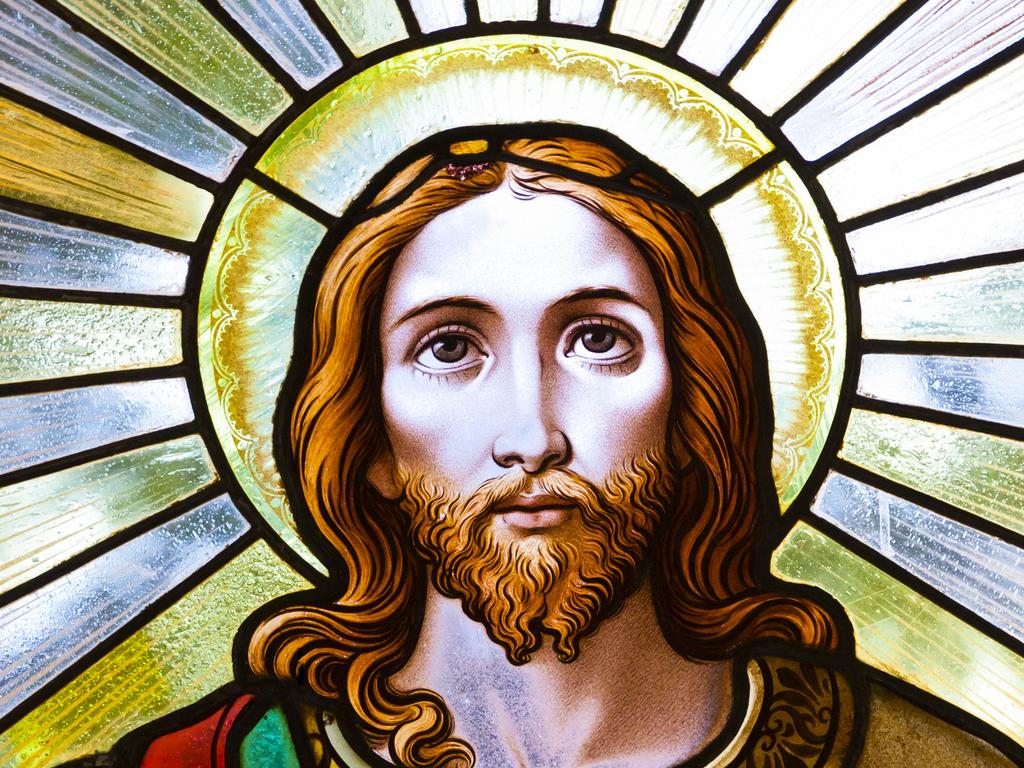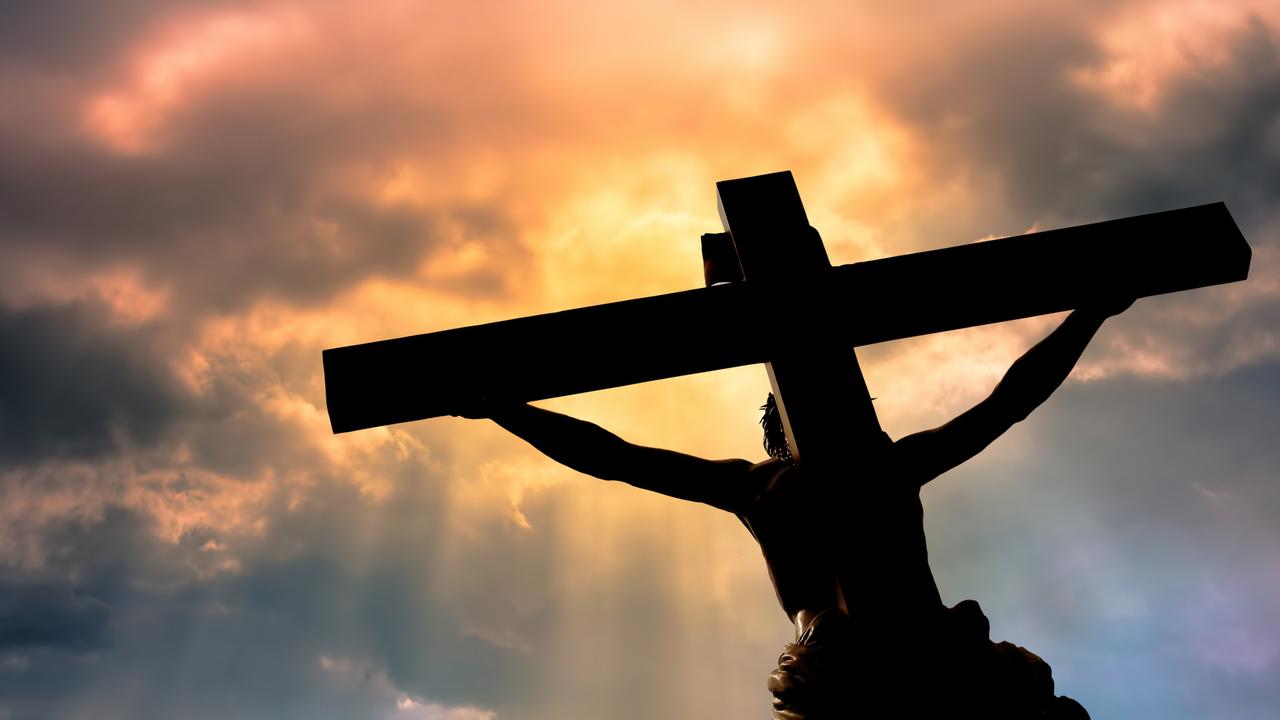The key Jesus question we should ask before Christmas
We get a lot of things wrong about Jesus - and what He did and didn’t do. But before Christmas we should ask ourselves one key question.

COMMENT
Almost definitely not 2022 years ago a child was born in Bethlehem.
He was almost definitely not the product of a virgin mother and he went on to almost definitely not turn water into wine, almost definitely not feed 5000 people with five loaves of bread and two fish, almost definitely not walk on water and almost definitely not physically rise from the dead.

However He almost definitely was born, almost definitely said a lot of very profound and interesting things and almost definitely was crucified.
But whether all or any of these things definitely did or didn’t happen is immaterial. All that matters is that that man — whether he was real or not — became the most influential person in human history.
Belief in Jesus Christ transformed the Roman Empire and with it Europe and the Mediterranean world. It was the foundational force for the establishment of the United States of America, which became a new Rome almost two millennia later.
It counts almost three billion adherents. It is the dominant faith in four of the seven continents on the globe — Europe, Australia and North and South America — as well as the largest religion in sub-Saharan Africa. Asia is a mixed bag and Antarctica, I am guessing, is probably neutral.
And so whether Jesus actually existed or not — and the vast majority of scholarship suggests that He did — He is, either way, a pretty big deal.
Thus the question for anyone who lives in this world, believers and non-believers alike, is this: Why?

As with any vital question, the two extremes have more in common with their simplicity and ignorance than the vast majority of pragmatic ponderers in the middle.
Fundamentalists and atheists are united in their absolute conviction. The former believe everything the Bible says is true, the latter that it is all false. As usual with extremists they are both wrong.
The supernatural accounts contained in the good book are clearly unsupportable by basic science. And yet the dismissal of religion is a complete disregard of human history and with it humanity itself.
It is no accident that much of the first evidence of human evolution is to be found in burial mounds. Human beings are the first — and, as far as we know, only — animals who are able to foresee our own inevitable deaths. It’s a fair guess that it was a bit of a brainf**k.
Thus we quickly imagined a life hereafter and started to equip our loved ones for it — from basic weapons and adornments placed in stone age graves to the luxe accoutrements of Egyptian tombs. Belief in life after death appears to be as old as human consciousness itself.
All the myriad belief systems then gradually seemed to coalesce over the centuries until we reached the point we have today where most people of faith — and probably most people overall — believe in some benevolent force that will liberate us from death.
But key to the most ancient funeral rites is that they were often reserved for the most privileged and powerful.
This brings us to the second vital role of religion, which is as a balm or temporary aberration from the misery of human existence. And it is fair to say that human existence was pretty miserable for most people right up until the last few decades.
What more could a medieval serf hope for after yet another toothless day toiling in the fields of his feudal overlord than a better life to come? What more could an African slave hope for after being whipped half to death in the cotton fields of southern America?
And so arose the second great succour of religion: That it would liberate us from life.
This is, to use a boxing term, an unbeatable one-two combination: A belief system that saves you from death if you’ve had a good life and one that saves you from life if you’ve had a bad one.
Of course this is all scientifically improbable and unprovable but that is hardly the point. People believe it and it is thus self-evident that people want or need to believe it. People, for as long as we have existed, need hope.
The bigger question is why some people would want to be so against it. Why they would want to take it away?
The dogmatically atheist view is the opposite of hope. Typically held by educated elites, it holds that religion is something imposed upon the masses by oppressive forces or the ignorant fairy tales of dumb proles.
In fact the Christian story is the very opposite of that. It was an idea that emerged from the most poor and wretched circumstances — a birth in a barn, a death on a cross — and survived three centuries of oppression from the ground up until the Emperor himself succumbed to its allure.
And that’s why for me Christianity isn’t so much a celebration of God but a celebration of humanity. A belief that there can be more to life than what we experience and that we can be better people than what we are.
And perhaps that — whatever you believe — is the true power of faith. Happy Christmas.




